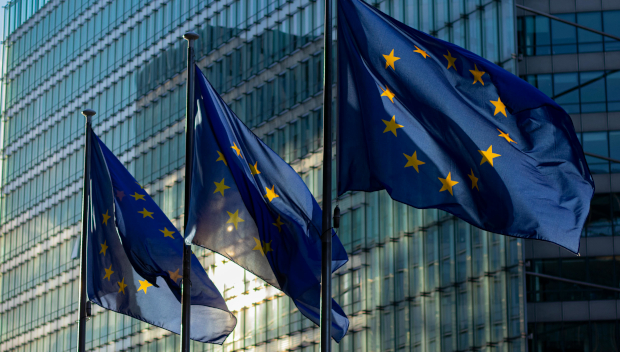
Meta, LinkedIn under renewed scrutiny in Europe
Meta and LinkedIn are once again drawing attention to their data management practices through legal actions from consumer advocates and regulators.
Privacy rights organisation Noyb wants Meta to limit AI use arguing the social networking giant’s policy would violate European regulations.
Meta wants to start using personal data for AI training based on “legitimate interests”. Those who don’t want that can have their personal data removed from Meta’s systems.
Noyb – founded by lawyer and privacy activist Max Schrems – thinks that is going too far and has filed complaints with 11 European data protection authorities (DPAs), including Ireland, where Meta has its European base.
Noyb wants urgent action because the new Meta policy goes into effect as early as 26 June, and there is a danger that all the personal data Meta has been collecting since 2007 will become freely available for AI development.
Meta also does not say what it will use the data for, such as a chatbot or aggressive personalised advertising.
Elsewhere, LinkedIn has stopped targeting ads based on users’ personally sensitive data on its platform. This is in response to a complaint filed by European Digital Rights (EDRi), Gesellschaft für Freiheitsrechte (GFF), Global Witness and Bits of Freedom with the European Commission in February 2024 under the Digital Services Act (DSA). Indeed, according to these organisations, such targeting violated a new ban under the Act.
This is a major victory for privacy. LinkedIn will no longer allow advertisers worldwide to target users in the European Economic Area (EEA) with ads based on LinkedIn group names, which may contain or reveal sensitive categories of personal data, such as sexuality, political views or race.
However, the new restrictions do apply only to ads targeting people in the EEA. People in other parts of the world will still be subject to these invasive forms of profiling and targeting.
Advertisers on LinkedIn do remain able to target users based on other categories of personal data, as the scope of the DSA’s ban on ad targeting is limited to sensitive categories of personal data (as defined in Article 9 of the General Data Protection Regulation).
LinkedIn is an increasing player in online advertising, both globally and in Europe. By 2023, global annual ad revenue has grown to nearly $4 billion, up 10.1% from the previous year, according to estimates by Insider Intelligence. LinkedIn’s ad revenue is predicted to grow further by 14.1% in 2024.
Data-driven ad targeting is creating a “pervasive system of surveillance and profiling across the Internet,” according to the aforementioned organisations. Because the profiling and tracking of people online is often invisible, people are unable to exercise their fundamental rights and meaningfully object to being monitored, targeted and manipulated by the ad industry.





Subscribers 0
Fans 0
Followers 0
Followers